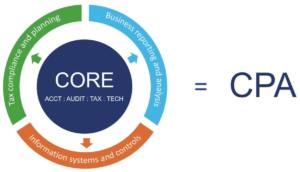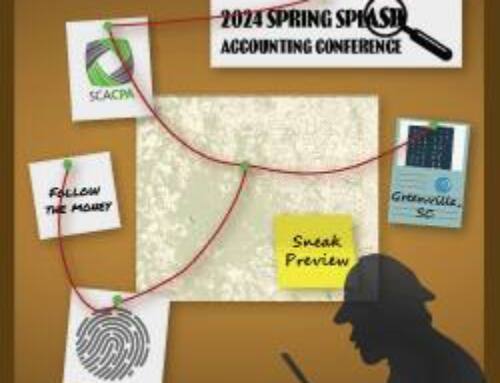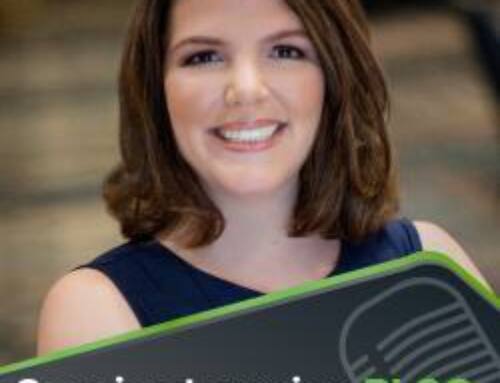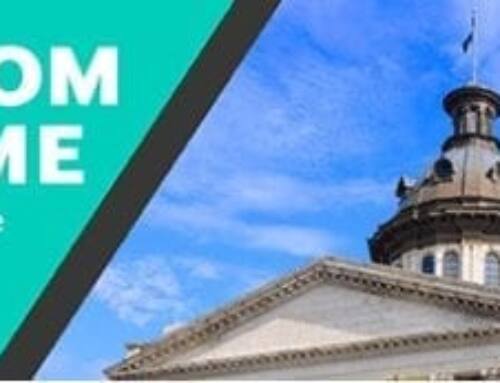The National Association of State Boards of Accountancy Board of Directors has announced its unanimous vote of support for the advancement of the CPA Evolution initiative that designs and implements a new approach to CPA licensure.
CPA Evolution is a joint initiative between NASBA and the American Institute of CPAs, who both in recent years have monitored trends impacting the skillsets required of newly licensed CPAs. The CPA Evolution initiative aids in positioning the CPA license for the future as well as protecting the public interest.
 The AICPA’s Governing Council acknowledged its support of CPA Evolution by overwhelmingly voting in favor of advancing the initiative at its May 2020 meeting.
The AICPA’s Governing Council acknowledged its support of CPA Evolution by overwhelmingly voting in favor of advancing the initiative at its May 2020 meeting.
“The CPA profession is too important to our society and to our economy to not be 100% prepared and ready to respond to changing demands,” said NASBA Chair Laurie Tish, CPA. “CPAs entering the profession must be prepared with the skills and knowledge necessary to serve in this trusted role. The new licensure model will be more attractive to the best and the brightest, which will enhance the CPA pipeline.”
The new “core + discipline” model allows candidates to show enhanced competency in a chosen discipline within the profession. The education required of CPA candidates, as well as the CPA Exam itself, will adapt to address the emerging skills and competencies necessary in today’s marketplace to best serve clients, businesses and the public-at-large.
Input was sought from State Boards of Accountancy, state CPA societies and other stakeholders to work through the issues and develop a model that has widespread support.
“NASBA and AICPA will maintain continuing engagement with state boards, state CPA societies, academia, CPA firms and others to identify gaps, and develop new resources to aid in transition to the new licensure model,” Tish said.
The AICPA and NASBA will work closely with universities to create model curriculum and internship programs. They will also now move forward with a significant effort to revise the Uniform CPA Exam’s content and skills blueprint, which is anticipated to culminate in the launch a new CPA Exam in January 2024.
NASBA released the Uniform Accountancy Act (UAA) Model Rules exposure draft related to education requirements for licensure in May.
The proposed changes, which are relevant to the CPA Evolution initiative’s charge, pertain to educational requirements for individuals seeking to enter the CPA profession, and are aligned to encourage uniformity among the 55 U.S. jurisdictions. Pending support from Boards of Accountancy for the UAA Model Rules exposure draft, NASBA will begin encouraging boards to implement model statutory and rule changes in education, beginning as early as Fall 2020.
The Changing Profession
Stakeholder feedback, results of the Uniform CPA Examination Practice Analysis and other research show that the body of knowledge required of newly licensed CPAs is growing rapidly.
Additionally, procedures historically performed by newly licensed CPAs are being automated, offshored or performed by paraprofessionals. Now, entry-level CPAs are performing more procedures that require deeper critical thinking, problem-solving and professional judgment. Responsibilities that were traditionally assigned to more experienced staff are being pushed down to the staff level. As a result, newly licensed CPAs need to know more than ever before to meet the needs of practice. To protect the public, the CPA licensure model must reflect these changes.
However, the examination and education requirements can only cover so much information in our current licensure model. As the knowledge required of newly licensed CPAs continues to increase over time, we could:
- Stretch the examination and education requirements to cover a greater range of material with less depth, which would water down the requirements for licensure
- Expand the number of examination and curriculum hours as the body of knowledge continues to grow, which would increase barriers to entry for the profession and ultimately prove unsustainable
- Or find an alternative solution
Journal of Accountancy Breakdown of the Licensure Model
“CPA licensure model transformation will proceed after NASBA board vote” (July 27, 2020)
Under the new licensure model, each CPA candidate will be required to exhibit core skills in accounting, auditing, tax, and technology. Each candidate will be required to show more in-depth skills and knowledge in one of the following three areas.
- Tax compliance and planning
- Business reporting and analysis
- Information systems and controls
Regardless of the discipline chosen, each successful candidate will get the same CPA license. The CPA Exam will be restructured to accommodate this core-plus-discipline licensure model, with a goal of launching a new exam in January 2024.
It is expected that the exam still will be no more than 16 hours, and candidates still will be required to pass four sections, including their chosen discipline. The length and content of each section of the exam will be determined through a CPA Exam practice analysis.



